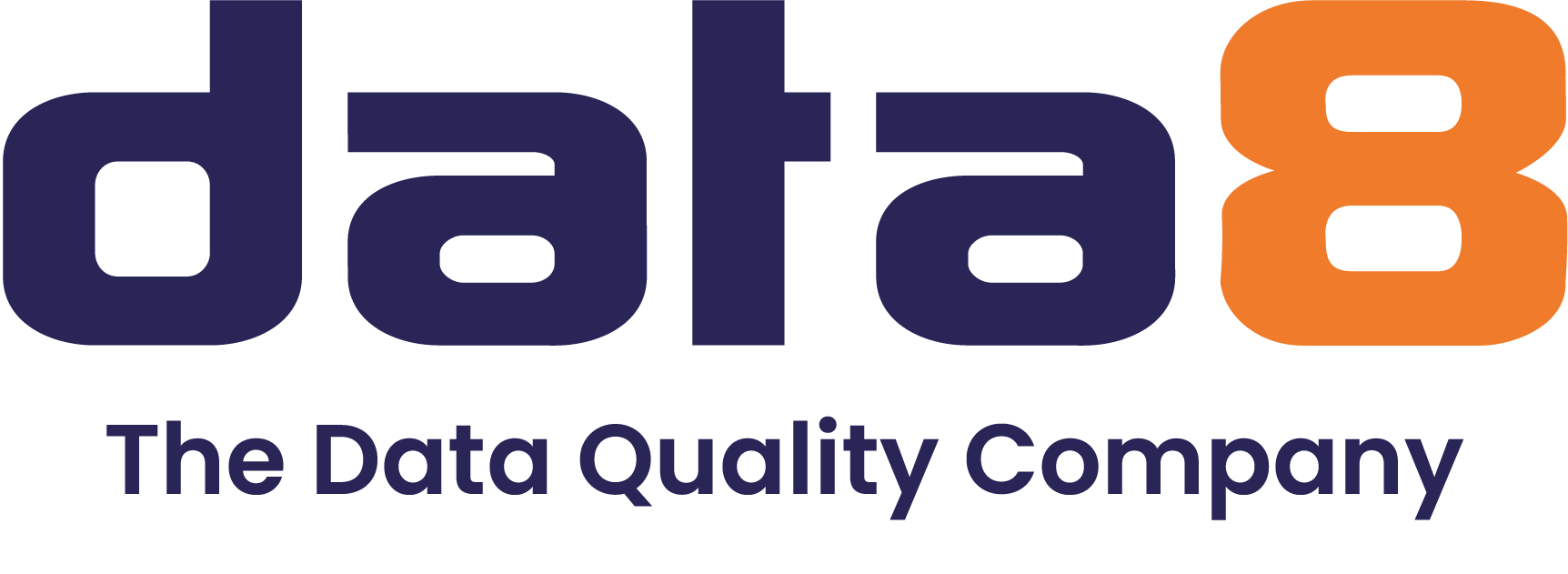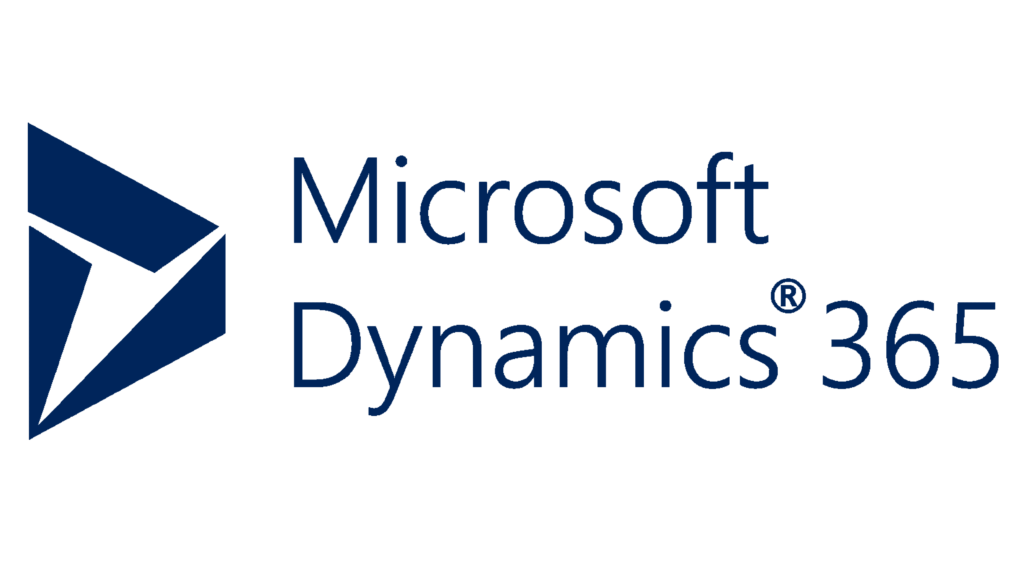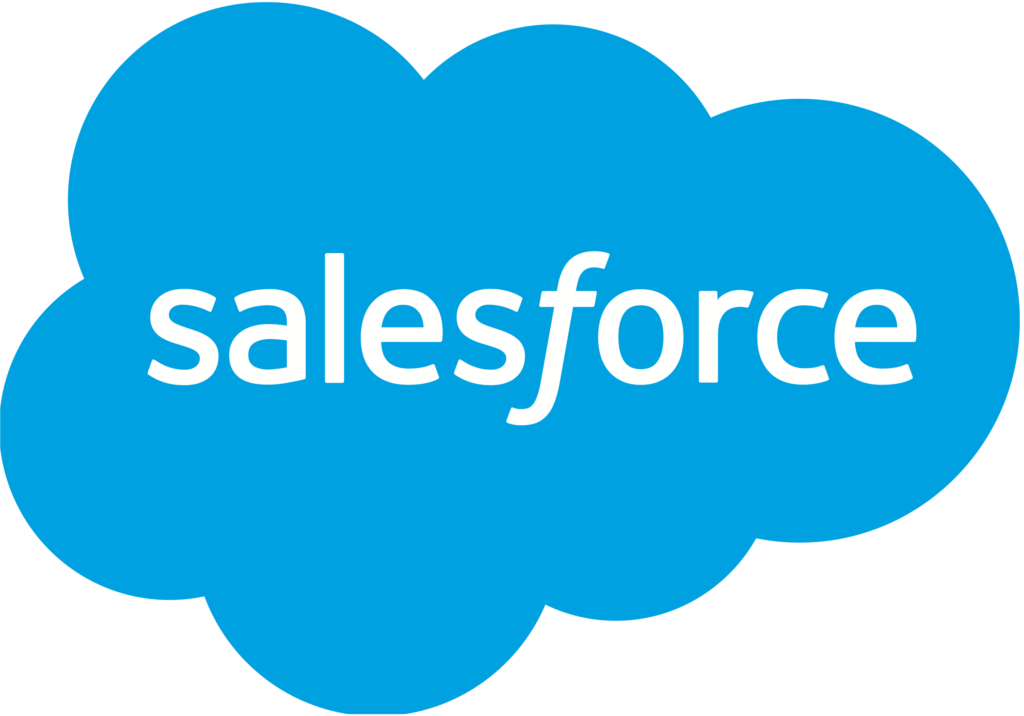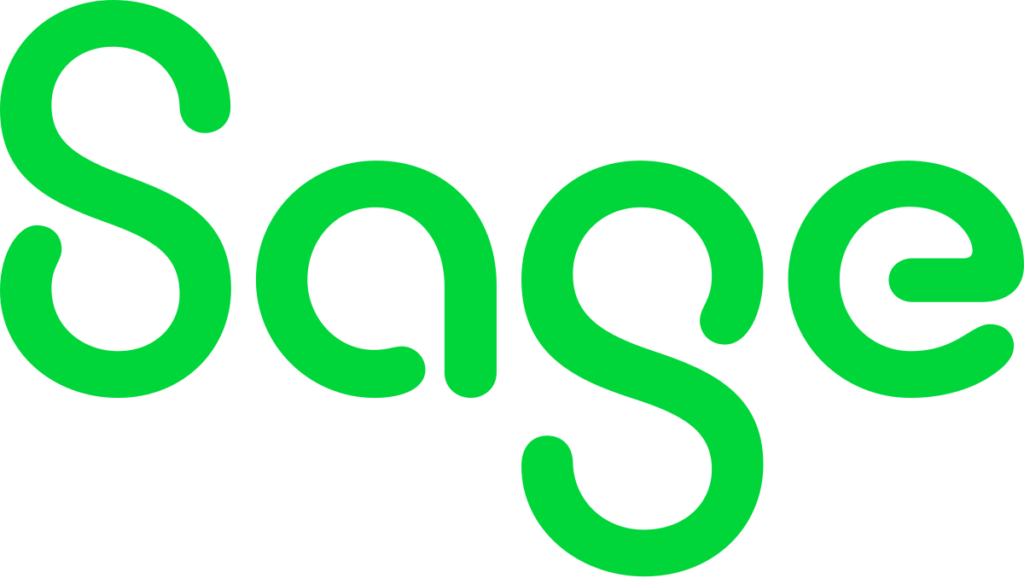
Customer Relationship Management (CRM) is fast becoming a hugely popular software, with businesses of all sizes using it to effectively manage their client base.
However, alongside the many positives, there’s also a number of negatives to using the software, causing many companies to also disregard it completely.
So, while either method may work well for different businesses, it can be a difficult decision when choosing which route to take. That’s why, in order to determine whether it’s something you would really benefit from, we’ve took a closer look at both the pros and cons of using a CRM.
The Pros and Cons of CRM Integration
Pros of CRM
-
Enhanced customer service
CRM stands for Customer Relationship Management – yes, we’re putting emphasis on the relationship. That’s because a good CRM system allows you to successfully develop, improve and retain your customer relationships. How? By storing all your customer’ details, needs and spending habits in one organized and systematic place, so you can instantly revisit, update and add to their record in real time.
This will help you to provide a higher quality service through improved understanding, reduced down time and faster problem solving. So for example, if a customer calls up with a problem, your employees can instantly retrieve an extensive array of data; including past purchases, preferences and anything else that’ll help them find the solution faster.
Plus, as all your clients activity is tracked and recorded, you’re able to really build on your relationship on a much more personal level. By celebrating anniversaries, flagging usage warnings and notifying them of unusual spending habits, you’ll immediately give your client the impression that they are valued, leading to boosted customer satisfaction, increased conversions, and higher customer retention.
-
Optimised marketing efforts
By gaining a detailed insight into your client’s spending habits and usual activity, you’ll be able to create more targeted and cost-efficient marketing programs. A CRM will allow you to segment your customers into related sectors for targeted marketing, segment analysis and re-marketing campaigns, while providing insight into which are the more profitable customer groups.
By using this information, you can set up relevant promotions for your groups and execute them at the right time. After all, automotive companies don’t want to be receiving marketing mail about utility companies and vice versa. So, by organising your marketing efforts in this way, you’ll significantly boost your customer satisfaction, business insight and overall revenue.
-
Improved insights and reporting
“How are our quarterly sales forecasts looking?” “What’s in your current pipeline?” “How is our performance by each sales representative?”
Monthly meeting are always the same – lots of preparation… lots of data analysation… and yet lots of unanswered questions. By tracking all of this information and more in your CRM, you’ll not only have all the answers, you’ll have solid statistics, detailed analysis, and an instant report ready to impress the boss.
With automated tracking and instant modification, you’ll always have an accurate, up-to-date report, free of human error, readily available for when your colleagues or managers randomly request it. Not only will this save you considerable time and nagging from the boss, but it’ll also help you to make more effective business decisions and boost conversions in the long run.
-
Maximised cross-sell
A CRM can also assist with cross-sell and up-sell opportunities. By centralising your client database in CRM, each of your employees will gain instant access to all your customer data, and therefore an understanding into their wants, needs and past purchases. This makes it extremely easy for your employees to spot opportunities to promote additional products that compliment or improve their current processes, and therefore act on them accordingly.
By regularly and effectively cross-selling and up-selling products to your customers, you’ll maximize your business performance and gain a significant boost in revenue.
-
Productivity
CRM keeps everything contained and stored efficiently, but most of all, various teams can access, amend and update every record at any time instantly. That means no more scrolling through random dated files in your computer drives, or scouring through spreadsheet after spreadsheet – with CRM, you’ll have access to all the information you need in seconds.
Time is money, and so every second wasted is cash down the drain. A good CRM will save your employees considerable time and effort, boosting your company’s efficiency, your employees moral and your customer’s satisfaction, and gaining an incredible ROI.
Cons of CRM
-
The Human Component
With the installation of the CRM, all processes become automated. Although this is easier and quicker for your customers and yourself, clients may potentially notice the lack of human interaction. Not everyone likes dealing with automated machines or receiving automated email campaigns.
-
Security Issues
As CRM keeps all of client data in one primary place, it could provide a potential threat to a business. It all boils down to whether or not your data is encrypted and your system is extremely well protected. If there is any sort of breach within your system, every ounce of client data instantly becomes compromised. Therefore it’s essential for backup systems and encryption safeguards to be in place in order for your business to remain fully protected and GDPR complaint.
However, a CRM system is still much less likely to be affected by a leak than a spreadsheet, for example.
-
Technical Wizardry
Unless you’re an avid tech wizard, getting started and learning the rules of CRM is not always straightforward. Plus, if the data is not correctly backed up on a regular basis, you will risk losing everything within your CRM system.
That’s why, for your CRM to run as smoothly as possible, you will need excellent technical support throughout. Therefore it is essential for you to know exactly how to use it, or have the appropriate support in place, before transferring all your customer data over.
However, not all web-based CRM providers are able to implement this and some that can provide it, will charge a higher price.
-
Sensitive Data Could Be At Risk
When a third party provider is chosen, it is expected that they will treat the data with the privacy it deserves. However, there have been a number of instances where fraudulent web hosting firms have either used or sold on sensitive client information. Therefore it is imperative to be extremely diligent when choosing the right CRM provider, in order to ensure your customer data doesn’t fall into the wrong hands.
CRM Integrations
The foundations of a strong and efficient CRM isn’t formed on pillars of salt and sand but on high quality customer data.
By integrating your CRM with Data8’s award-winning solution, you’ll gain an accurate, valid and enriched database for more informed business decisions, increased ROI and enhanced productivity.



